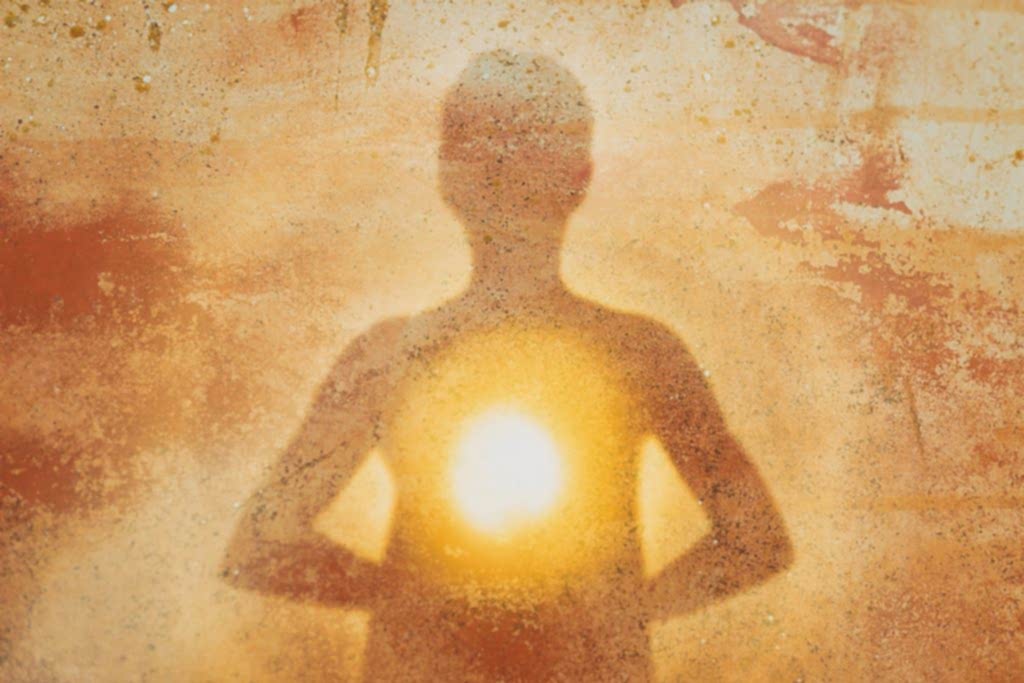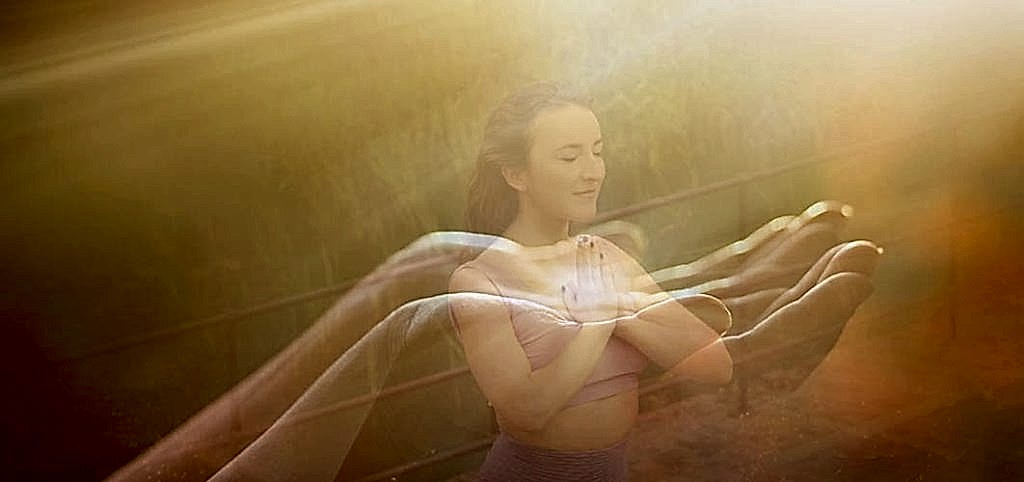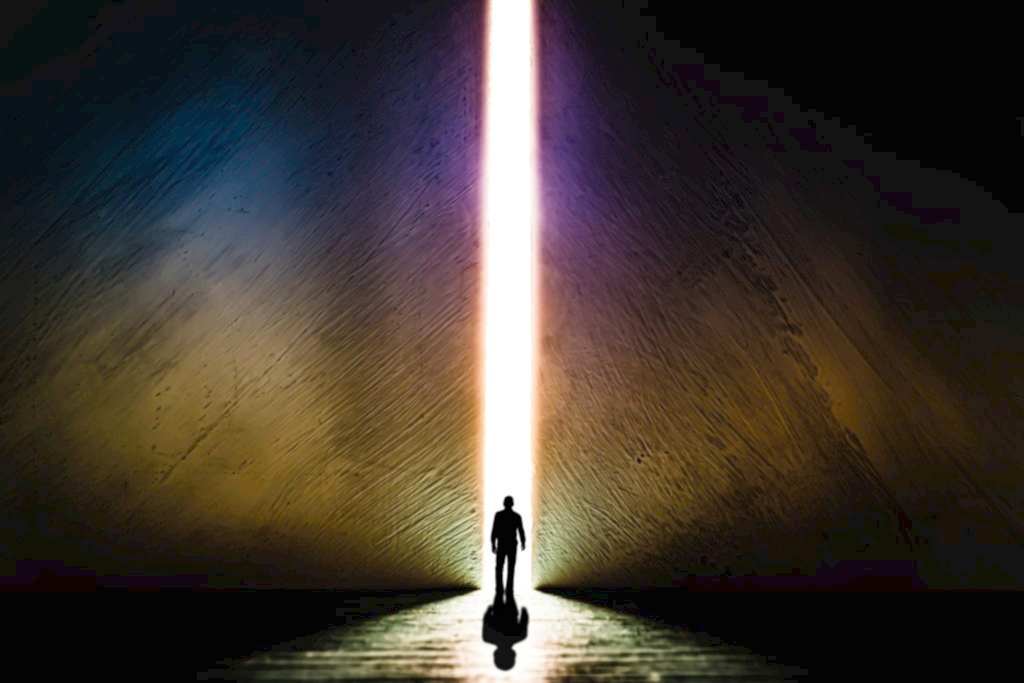Significance of Death on the Journey of the Soul
This blog is about:
- Process of life, death and rebirth
- Life lessons for the Soul
- Karma
- Evolution
Death… an event that we usually associate with sadness and dread – if we dare to look at the subject at all. Death is seen as the ‘end’, and is associated with suffering and darkness. But how much do we really know about death? Most of the time we make assumptions, and then we are too scared to investigate further – the insidious ‘fear of the unknown’ crippling us into a paralysing ignorance, that makes it even harder to look death in the eye.
There are so many unknowns and uncertainties in life, but one thing that can be guaranteed is our own death. We cannot escape it. No matter how healthy we are, how much time and money we invest in keeping ourselves young and beautiful or how brave we are when looking at death, it still remains as the inevitable conclusion of life. So, how can it be that something so certain is so unknown and so feared?
There are so many unknowns and uncertainties in life, but one thing that can be guaranteed is our own death.
Comparing death to the opposite moment in the spectrum of time – the moment of birth, creates a very contrasting reaction. A birth brings happiness and joy. It is associated with new beginnings and life.
And yet, are these two moments of birth and death really so independent of each other? In contemplating nature we can feel how this cycle of birth and death is miraculous, filling us with awe, and giving a sense of majesty. The way in which nature unfolds during the change of seasons is the perfect example of the way in which both birth and death happen all the time, in front of our eyes. The death of winter that evolves into the rebirth of spring, to bask in the full glory of nature in summer, only to shed the vestments of life in autumn, to stand barren and bare in the solitude of winter and then to emerge fresh as a newborn emerging into the light, in the wonder of spring again.
How could we grow in the depth of how profoundly we know ourselves, if we were restricted to one life?

We need not fear death because death is everywhere. It is inevitable. As inevitable as life.
But why do we need to go through this process?
What is the purpose of these seemingly endless cycles of life and death?
Imagine one endless life. We are born into a family, a community, a race, an education system, according to our karma. We have lessons and understandings that need to be learned. One person needs to be a son, a brother to Joe, a good fireman, and to find time to take care of his wife and children and be the pillar of his community. In this life, he learns lessons and becomes wiser. But that wisdom only comes from a few experiences that are pertinent to that specific life. And maybe in that lifetime he grows financially, but perhaps not so much spiritually. And this life would go on forever, with its limited experiences and lessons that need to be learnt. Would the soul feel quenched? How could we grow in the depth of how profoundly we know ourselves, if we were restricted to one life?
The process of life, death and rebirth is essential, so that each of us can receive a vast gamut of lessons available to enrich the soul and lead us on the journey towards perfect self-knowledge. If we contemplate this, we soon understand that what is described here is transformation, and that birth and death are essential for transformation, and thus for evolution. And all this growth, these lessons are food and nourishment for the soul. The physical body is just a garment that we shed at the end of life. But inside, the immortality of the spirit shines forth and passes from lifetime to lifetime, basking in the glory of the enriching experiences it encounters, life after life. It is on the journey home.
In The Bhagavad Gita it is written:
“Never the spirit was born; the spirit shall cease to be never;
Never was time it was not; End and Beginning are dreams!
Birthless and deathless and changeless remain the spirit forever;
Death has not touched it at all, dead through the house of it seems.“
Thus, we can understand that death does not mark the very end. It is a continuation into a new cycle of existence. It is a rest, a moment of peace, of repose, before entirely new, vast and awakening experiences unfold.
When we dare to see death in this way, there is little space for fear.
With this understanding, we become bolder in life, and we stop living inhibited by the fear of what we do not know. We begin to embrace life, and to live all moments intensely, where life and death, beginnings and endings exist. We stop running away and start running towards transformation and inner growth.
It is not death that a man should fear. He should fear never beginning to live.
– Marcus Aurelius
This article was written by Tantra and Yoga teacher Magdalena Hau, who will be one of the teachers at this year’s Summer Yoga Retreat in which we will explore the Journey of the Soul from many perspectives! Join this retreat to dive deeper into this topic!

Learn more about the Art of Dying
Podcast – Death and Spirituality
In this interview, our 4th-year Tantra student Vivienne interviews Tantra teacher Foca Yariv, about death and the perspectives spirituality can bring to the subject, about which Eastern and Western approaches can differ hugely. Foca has spent a great deal of time studying Eastern perspectives on death, to find out what we can actually learn from them. Listen to the podcast here.

